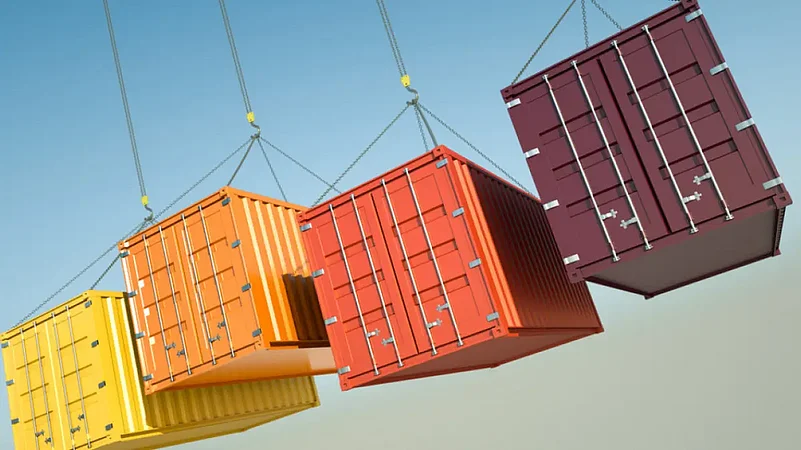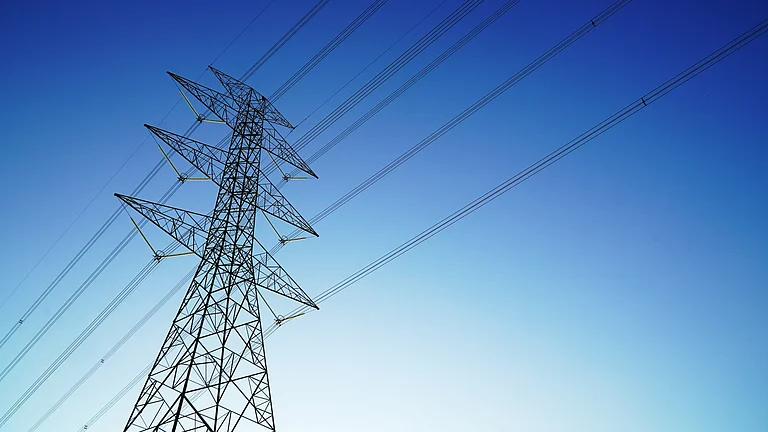Economic think tank ICRIER on Tuesday suggested that the government should fast-track trade facilitation-related reforms, in a bid to give express delivery a level-playing field with general cargo. ICRIER in a report titled 'Express Delivery Services Supporting the Journey towards India@2047' said the government should remove all value limits on exports through express delivery services (EDS) to help small and medium enterprises (SMEs) in global value chains.
The EDS industry provides integrated door-to-door transport of documents and products and plays an important role in connecting enterprises, especially SMEs, to the global value chains. EDS is a key sector in trade negotiations and cross border investment flow. The report also emphasised that the government data sharing should be smooth across government agencies.
The report noted that there is need for more consultation with the industry about their specific needs and there is a need to make e-commerce a driver of future growth. According to the report, the revenue of the global express delivery industry is projected to increase from $263 billion in 2020 to $378 billion by 2027 and $484 billion by 2030.
The Asia-Pacific region accounted for 40 per cent of the revenue in 2020, and India is one of the fastest growing markets, it said. At present, the share of exports from India in total global exports is less than 2 per cent and there is a need to enhance India's integration in global value chains. The Indian EDS sector contributes to around 2 per cent of the industry's global turnover. The sector grew at a compound annual growth rate (CAGR) of 15.8 per cent from $1.7 billion in 2012 to $5.5 billion in 2020.


























.jpg?w=200&auto=format%2Ccompress&fit=max)




